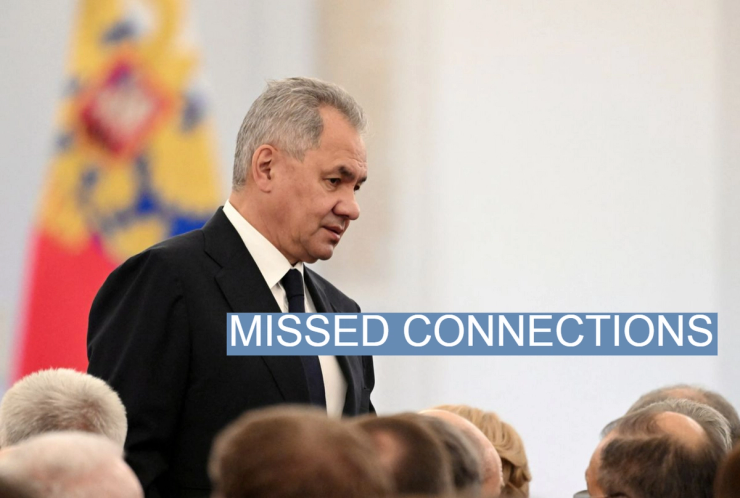The News
U.S. Secretary of Defense Lloyd Austin and Russian Defense Minister Sergei Shoigu talked on the phone on Sunday about escalation in Ukraine, the second time the two have spoken in recent days after months of radio silence.
Shoigu also called his British, Turkish, and French counterparts, claiming to them that Ukraine could use a “dirty bomb” in the conflict, without providing evidence to support Ukraine had access to such a weapon.

Know More
According to a statement from the U.K. Ministry of Defence, Shoigu informed his British counterpart Ben Wallace that Russia had intelligence that suggested Ukraine was planning an attack facilitated by Western countries. Shoigu made similar claims to the French and Turkish defence ministers.
Wallace refuted the claims and warned that such claims should not be used as pretext to escalate the conflict. An advisor to Ukrainian President Volodymyr Zelenskyy called Shoigu’s claims “absurd,” according to The Kyiv Independent.
A dirty bomb uses conventional explosives but is tinted with radioactive material.
Analysts warned that Shoigu’s language indicated that Russia may be laying the groundwork for a false-flag operation, an act in which the perpetrator masks their own role in order to blame someone else.
“Unfortunately, the ugliest pictures of this terrible war might still be ahead,” Alexander Gabuev, a senior fellow at the Carnegie Endowment for International Peace, wrote. Ivo Daalder, the head of the Chicago Council on Global Affairs and a former U.S. ambassador to NATO, argued that Shoigu’s remarks represented “a not-so-subtle attempt to blame Ukraine for its own likely actions.”
Shoigu and Austin spoke on Friday for the first time since May. Details of the conversation were largely guarded on both sides, but the Pentagon said Austin stressed “the importance of maintaining lines of communication amid the ongoing war.” They spoke again on Sunday.
Back-channel discussions between adversaries are crucial to avoid miscommunication that could expand conflict, but repeated U.S. calls to Moscow have been unanswered in recent months, according to Pentagon officials.

